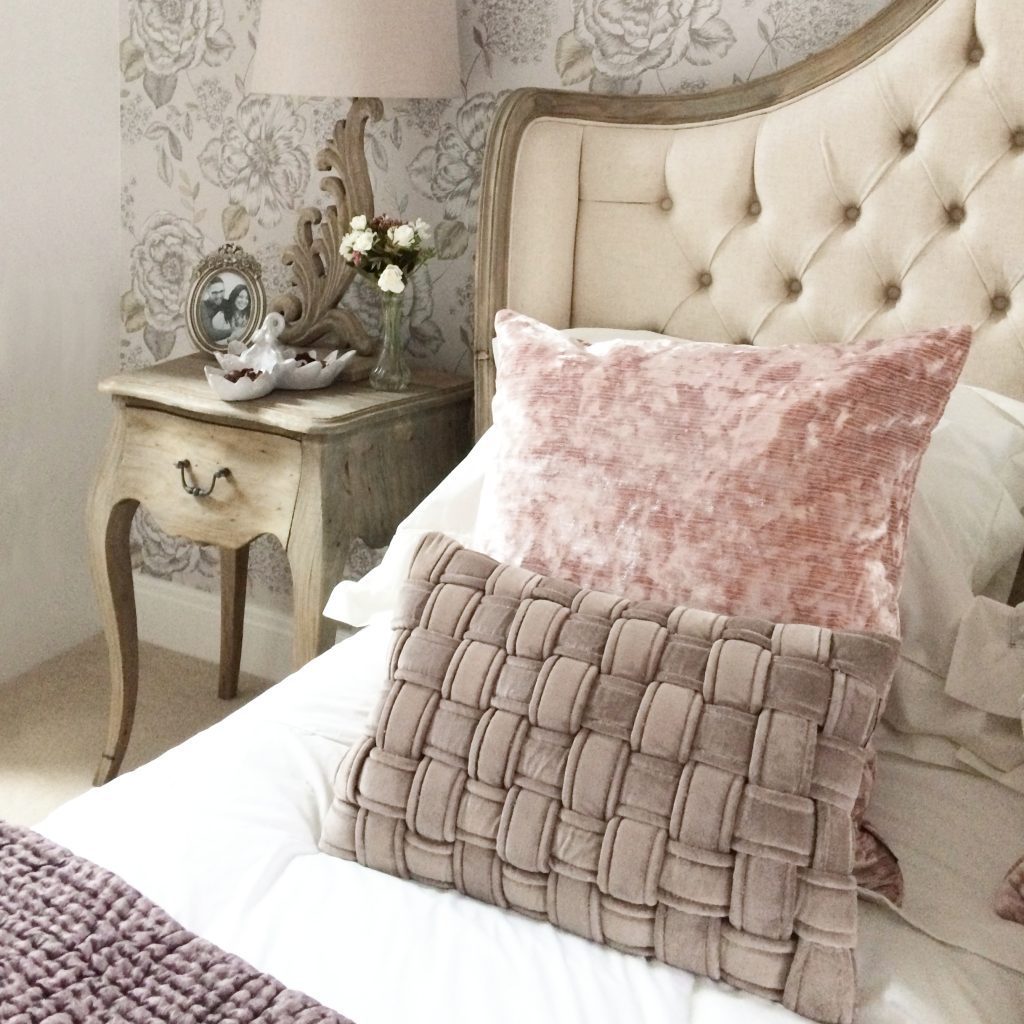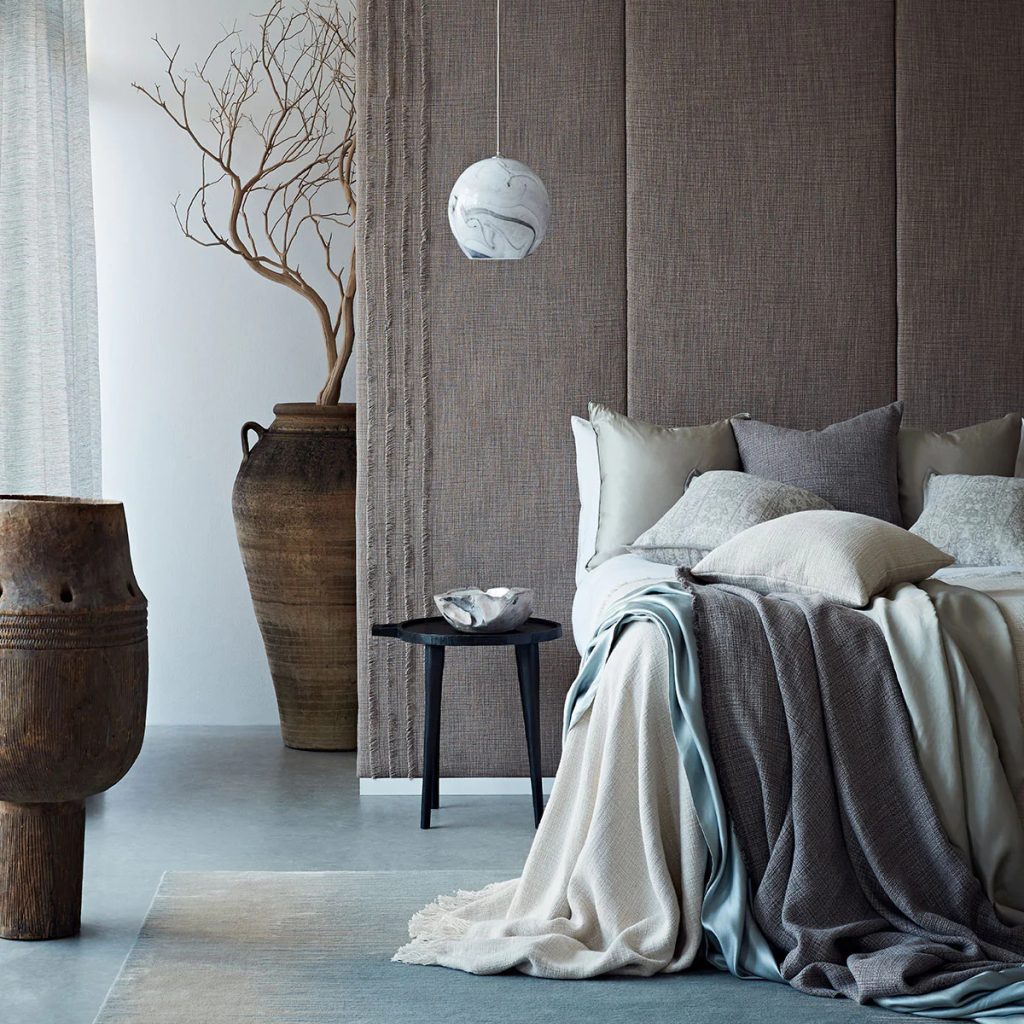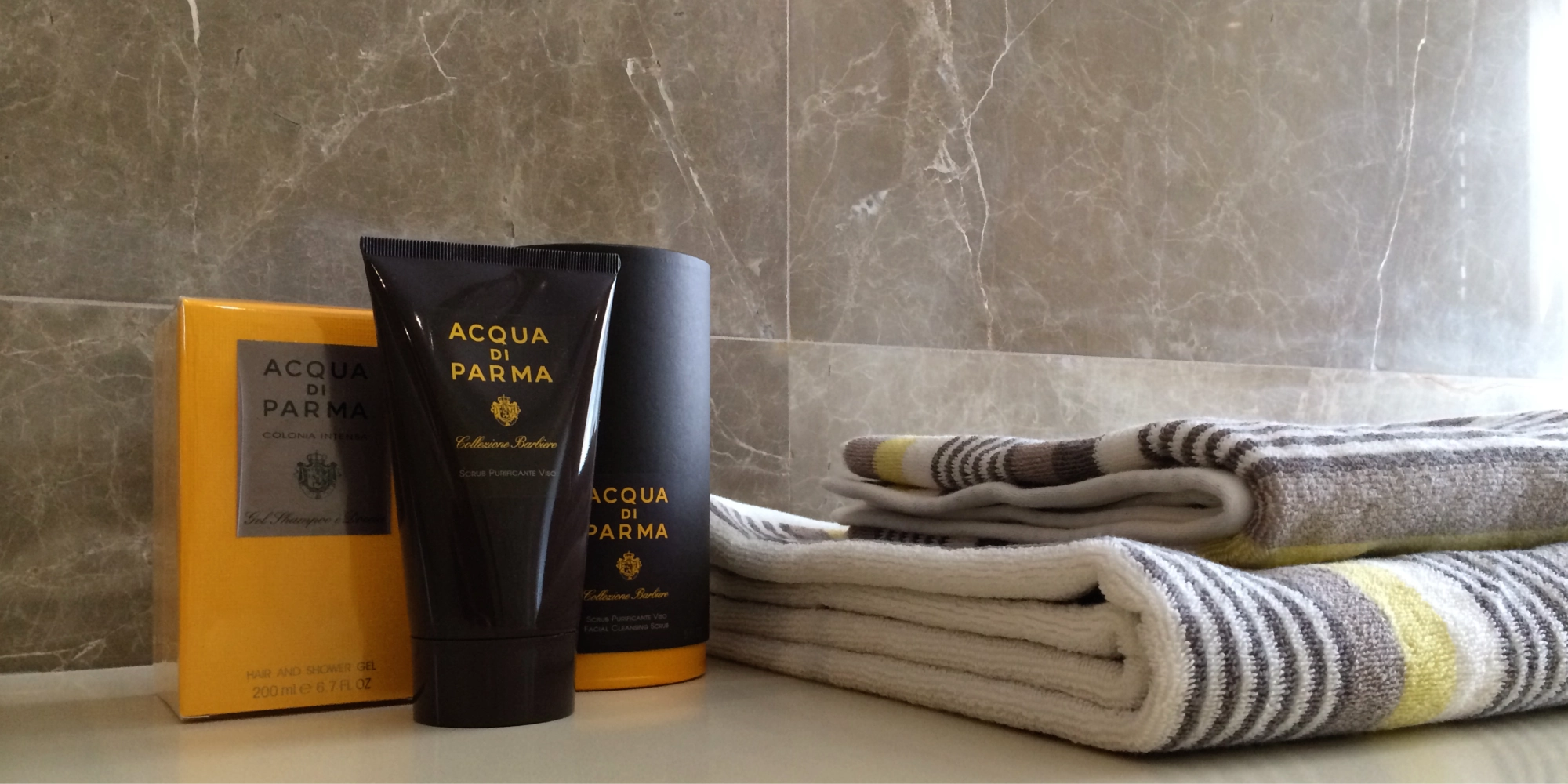Tips on staging your home for sale
You are not just selling your home, you are selling someone else’s future home
What is home staging?
Also known as house doctoring, Home Staging is when you prepare your house for sale, in order to maximise its appeal to potential buyers.
It involves making a few strategic changes and improvements to a property, which will enhance its visual appeal, its functionality, and its marketability. The aim is to make your home more attractive to a wider range of potential buyers.
This increases the likelihood of a quicker sale at it elevates you above the competition.
When you decide to sell your home, it is important to understand that your house is soon going to be someone else’s home. You need to detach yourself from it being your home. Yes of course it’s still your home, but it is also a property that you want someone to buy.
Why is home staging important?
Moving house is far from the nicest experience in life. It can be stressful and protracted, plus it’s not nice having strangers traipsing through your home, peering into your private abode and staring at your belongings.
However, when people view your property, they need to imagine living there. To achieve a quicker sale, and get the best price, there should not be anything about your home that has the potential to put people off.
If more than one buyer falls in love with your home, then the likelihood of a low offer is vastly reduced. You may even get a bidding war.
So making your home more appealing may help it go under offer sooner and put a stop to those intrusive viewings.
Bright pink is lovely…… but it’s not for everyone
Whilst you have every right to adore your lime green living room or bright pink bedroom, it’s likely not to be someone else’s cup of tea. The reason being, most people cannot see beyond what is in front of them.
To give your home maximum appeal, it might mean toning down strong colours and patterns, or temporarily removing objects that are overtly ‘your taste’.
A friend’s collection of dragon ornaments comes to my mind!
Put yourself in your buyers shoes. When you are viewing a house, how good is your imagination?
- Can you easily see through their clutter and instead picture a spacious room?
- Can you envisage that red dining room painted in soft colours if soothing tones are more your thing?
- Can that overgrown garden ever become a relaxing space to sit out and relax in?
If your imagination is good in such matters you’re in the minority, as most people are easily put off by things they don’t like.
Why it’s advantageous to hire a professional
People have a natural tendency to not be able to detach themselves from their own homes and belongings, which means it is hard for them to spot the aspects that are likely to put prospective buyers off.
This is not a criticism. It’s human nature and we all do it.
It’s also hard for a homeowner to know where to start. What they should really concentrate on, and what can be left alone. A professional house doctor is able to view your home from a different perspective and provide you with constructive feedback.
Using a professional can actually save you money as you can often recoup the cost when you sell. Many changes are easy to do yourself, saving you a lot of money.
What happens at a house doctoring consultation?
A professional house doctor will visit you and walk through your home and outdoor space, and then make an honest appraisal of both the interior and the exterior. They won’t insult your taste, nor tell you to get rid of treasured items just because they might be dated.
Having the upmost respect that it’s your home, a professional house doctor will then write up a report which describes the areas that need attention. It will provide guidance on how to make some changes – often just small ones – to give your house and garden a new spice of life and create that all important positive first impression.
You are left to decide on the next course of action. You can either hire the necessary professionals to put those suggestions into reality, or you may choose do it yourself. Perhaps a mix of both.


Things to consider when house doctoring
DECLUTTER – this comes first and foremost. Clutter is very distracting to buyers and makes rooms look smaller and untidy. Kitchen surfaces in particular must look spacious, and living rooms and bedrooms tidy.
We’re all guilty of owning way too much stuff, which we’ve accumulated over time. You’re aiming to move house, so you’re going to be packing up your belongings anyway. Make a start now, before you put your house on the market. Put surplus stuff into temporary storage, and sell or donate unwanted items to charity.
Moving is a great opportunity to have a big clear out. Particularly if you’re downsizing. The more stuff you move, the more expensive the removal costs will be. So only take what you need and of course what matters to you.
STORAGE – good storage is very important. Consider purchasing some additional storage to make each room feel tidy and organised. This could be a few storage boxes, not necessarily furniture. You do not want buyers to open a cupboard and find it packed to the gunwales with stuff about to fall on top of them.
When viewing a property, buyers need to feel it can cope with their belongings. Your storage needs to appear ample, and not under pressure. Storage boxes are a fantastic way to organise your belongings and keep things out of sight.
CLEANING – it is essential that your home is spotlessly clean. If you don’t have time or the inclination, get someone in to do it. At least until you are under offer.
Without sounding rude, there is nothing more off putting that someone else’s dirt. Imagine how you’d feel staying in a hotel room that is dusty and grimy. It would not be a pleasant experience.
Sometimes a house viewing happens at very short notice, so you need to get into the habit of being perpetually clean and tidy. If your estate agent calls while you’re at work, wanting to show someone round your house that day, you cannot afford to say no to that viewing because there’s a pile of dirty dishes by the sink. Make sure your sanitaryware and taps are sparkling clean, at all times.
PETS – we are a nation of pet lovers, and rightly so. I love cats and dogs, and we have pets of our own. But not everyone will adore your feline friend or pooch in the way you do. Do not expect a person viewing your house to be okay with your dog jumping up at them, and be mindful that many people are allergic to cats. Eau de chien is extremely off-putting, as is pet fur all over the sofa and smelly bowls of food. If possible, put them out of sight during a viewing.
DIY – get those obvious maintenance items done. Fix that leaky tap. Touch up that peeling paint. Repair that door that creaks or gets stuck. To secure a quick sale, people do not want to feel they will have to tackle a big list of jobs when they move in.
DECORATING – seriously consider a fresh coat of paint – at least in the most important rooms. Pale colours brighten a room as they reflect light better. This also helps to make a room feel bigger. While you may love vibrant or dark colours or bold wallpapers, it’s advisable to stick to with something that is safe. You don’t have to go white or, dare I mention it, magnolia. But neutrals and soft colours will create a space-enhancing feel that buyers will love.
CARPETS – get these professionally cleaned. Stains and marks can make people worry they will have to fork out for new carpets, when in fact they might actually be very good. Just grubby. You will need to clear the room for this to be done, so it’s a brilliant opportunity to take a hard look at what you absolutely need to keep and what you can get rid of or pack away. Cleaning carpets gets rid of stale smells, perhaps from your dog, or years of cooking.
KITCHEN STAGING – if your kitchen is likely to hold back an offer because it’s dated, then consider a mini makeover. You don’t need to change the entire kitchen – perhaps just the doors and drawer fronts. The cost, if remodelled wisely, can easily be recouped when you sell.
ACCESSORIES – often just decluttering is enough to make your home feel like new again. But you might want to buy a few new items too.
- If you have a tired or ugly sofa, freshen it up with a throw and some new cushions.
- A bright picture in the living room is a useful trick too.
- As is a new rug, especially if it helps hide a carpet that is beyond its best, or not the most appealing of colours.
- Some new towels in your bathroom, and new bedding will make a huge difference too.
- Add some house plants, as these add an appealing pop of interest and make a room look fresh. Never buy fake plants – always buy real.
KERB APPEAL – first impressions count. Many buyers research properties online and then do a ‘kerb side viewing’ before contacting an estate agent to view internally. It is paramount that your property has kerb appeal.
- Paint your front door.
- Jet wash the driveway and paths.
- Trim overgrown shrubs and remove all weeds.
- Cut your front lawn and trim grass edges, so it’s looks manicured are cared for.
- Perhaps plant some annuals to introduce some fresh colour.
- You might chose to buy some ready-planted pots or hanging baskets from the garden centre to put by your front door. You can take these with you!
BACK GARDEN – Often forgotten about, it’s important that your back garden looks lovely.
- Ensure your lawn is cut and edges trimmed neatly.
- Clear away any fallen leaves and weed all beds, including lawn weeds & moss if you can.
- Most buyers are looking for a low maintenance garden, so prune everything to make it look well cared for and easy to look after.
- Jet wash any paved areas and clean all garden furniture so it looks like you use the garden regularly.
- Improve weathered fences and outdoor woodwork with a lick of paint or exterior wood stain.
A FEW FINAL TIPS – always go out when there’s a viewing – especially a first viewing. Buyers will feel much more relaxed and comfortable if you are not present. Instruct your agent to arrive early and turn all the lights on. For the weeks you are on the market, have the heating on while you are at work if it’s winter. Stepping into a chilly house will put people off.

